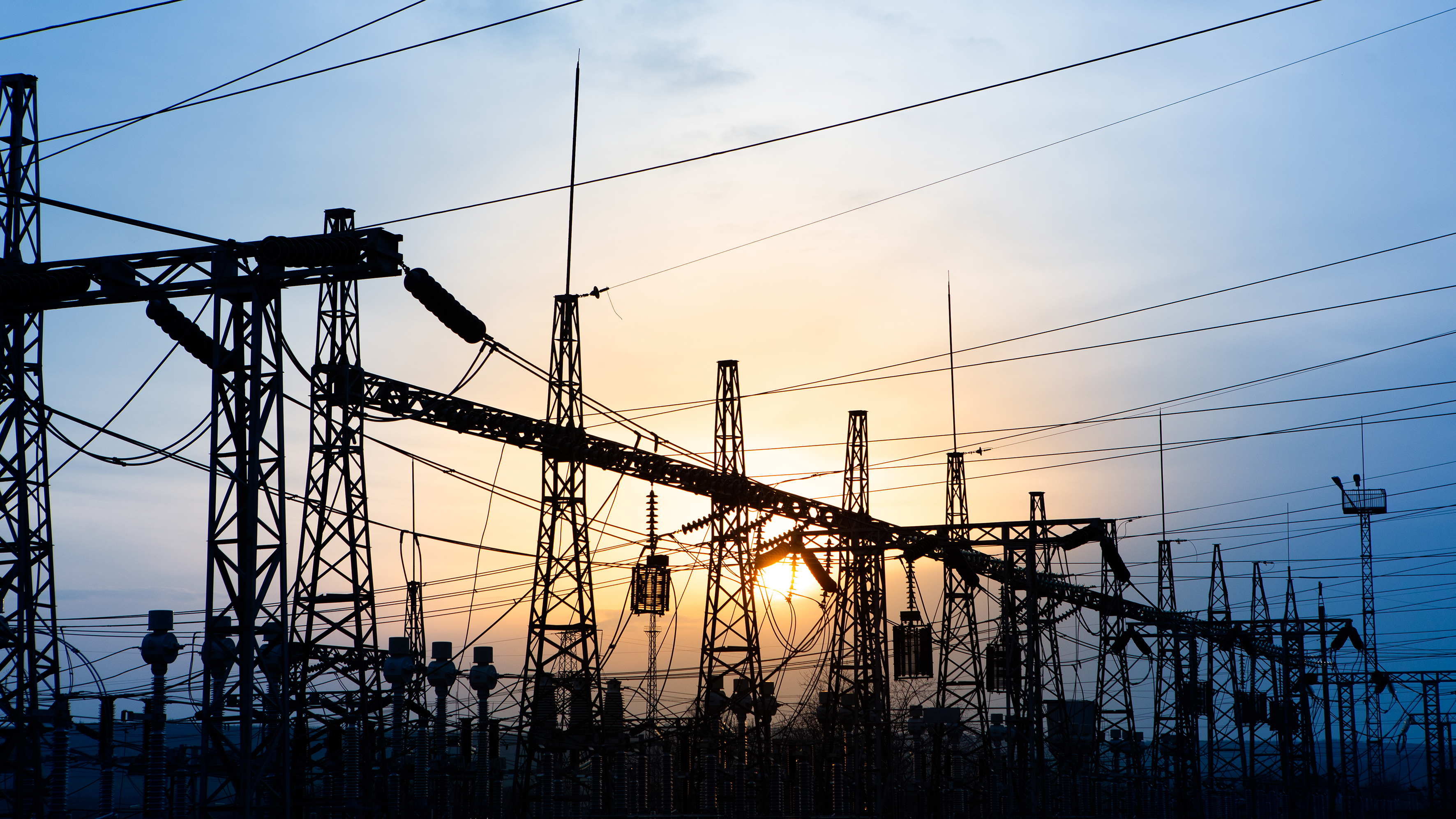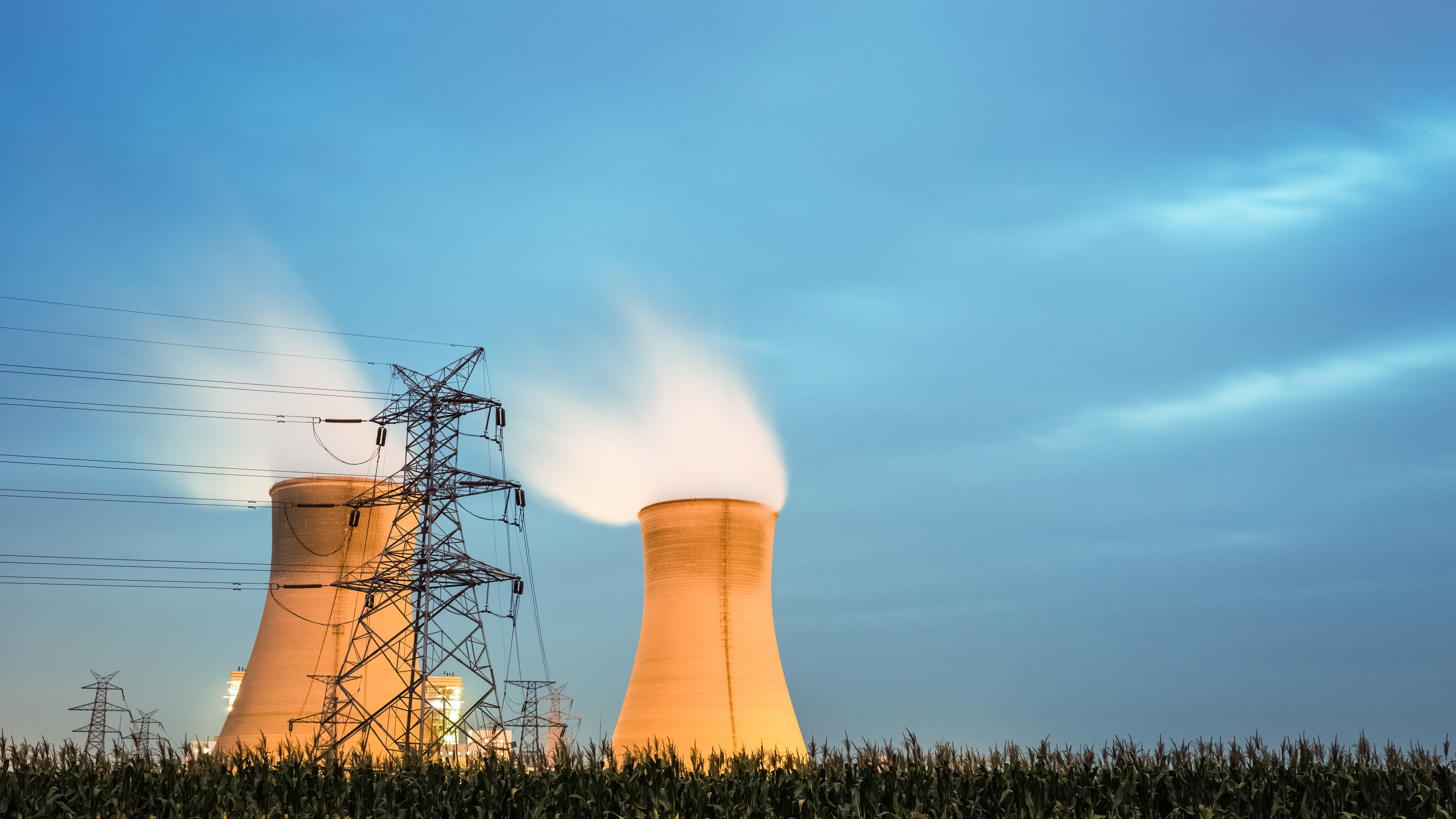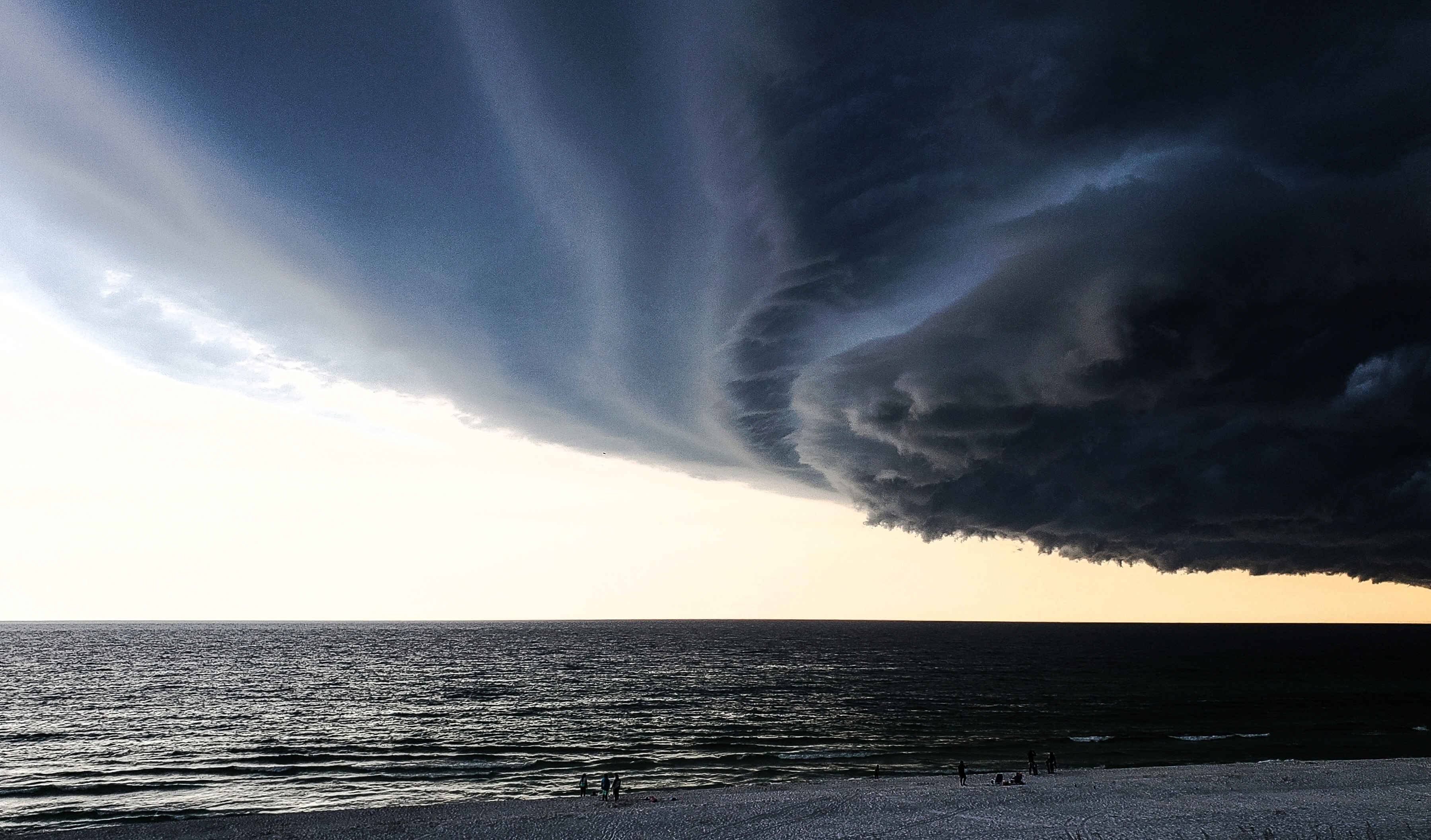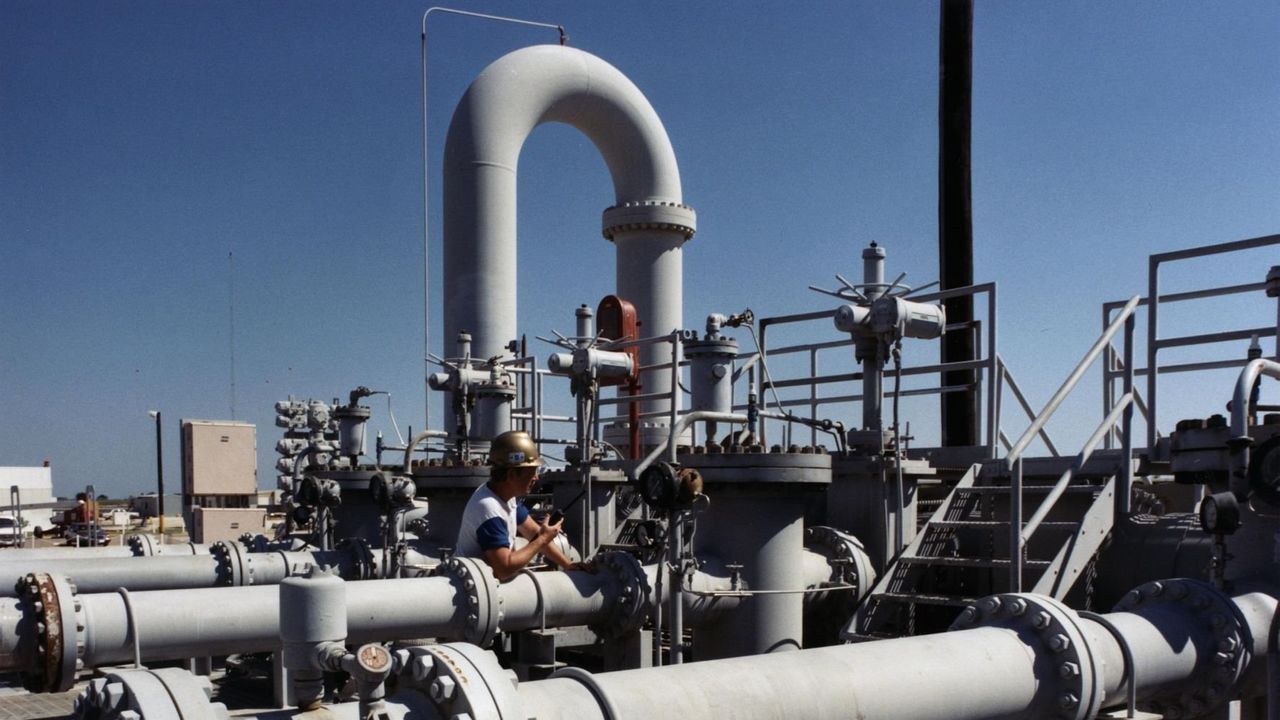Get the latest information from CESER in your inbox.

The Office of Cybersecurity, Energy Security, and Emergency Response (CESER) leads the Department's efforts to strengthen the security and resilience of the U.S. energy infrastructure against all threats and hazards. CESER leads the Department of Energy's statutory role as the Sector Risk Management Agency for the energy sector.

Energy is essential. It keeps us connected, powers and fuels our homes and businesses, keeps our hospitals running, enables national defense, and helps us move the goods and services that keep our economy strong. CESER proactively address threats to American energy security, in all forms, through policy, innovation, research, collaboration, and industry engagement.
Areas of Focus

Cyber Threats
Cyber threats targeting energy systems continue to increase and evolve; foreign adversaries, nation states, and criminal actors pose a serious threat to U.S. critical energy infrastructure. CESER mitigates cyber risks to the energy sector through threat-informed research and development, the deployment of innovative tools and technologies, policy, and strategic partnerships that facilitate information sharing to bolster the cybersecurity and resilience of critical energy infrastructure.
National Cybersecurity Strategy
Cyber RD&D
C2M2
Cyber-Informed Engineering
CyTRICS
ETAC
Physical Threats
Physical threats to energy infrastructure are unique because they take a wide variety of forms. They can be accidental or purposeful incidents, and have a variety of motives. CESER works closely with partners in the intelligence and law enforcement communities, and with industry, to mitigate risks posed by physical attacks on energy infrastructure.

Natural Hazards
Natural hazards and extreme weather are impacting communities and destroying critical infrastructure more frequently and with greater intensity. CESER works to mitigate the risks posed to the energy sector by events such as wildfires and hurricanes, as well as from space weather such as solar flares and other geomagnetic disturbances.

Emergency Response
When an energy emergency occurs due to a cyber, physical, or natural hazard-related incident, CESER is on point for deploying appropriate staff and resources to restore power or the flow of fuel quickly and safely.
Emergency Hub
Response & Recovery
ESF #12
ETAC
Emergency Authorities
Strategic Petroleum Reserve
CESER mitigates the impact of energy supply disruptions on American consumers and businesses through management of the Strategic Petroleum Reserve.

BIL Implementation
CESER is responsible for the implementation of several provisions within the Bipartisan Infrastructure Law (BIL) related to energy security.
From Our Blogs
-
- Cybersecurity
January 17, 2025 -
- Cybersecurity
- Emergency Response
- Petroleum Reserves
January 16, 2025 -
- Cyber Security
- Engineering
December 2, 2024
Latest News
Leadership
-
-
 Principal Deputy Director, Office of Cybersecurity, Energy Security, and Emergency Response
Principal Deputy Director, Office of Cybersecurity, Energy Security, and Emergency Response -
Divisions
Contact Us
Office of Cybersecurity, Energy Security, and Emergency Response
Office of Cybersecurity, Energy Security, and Emergency Response
1000 Independence Avenue, SW
Washington, DC 20585




